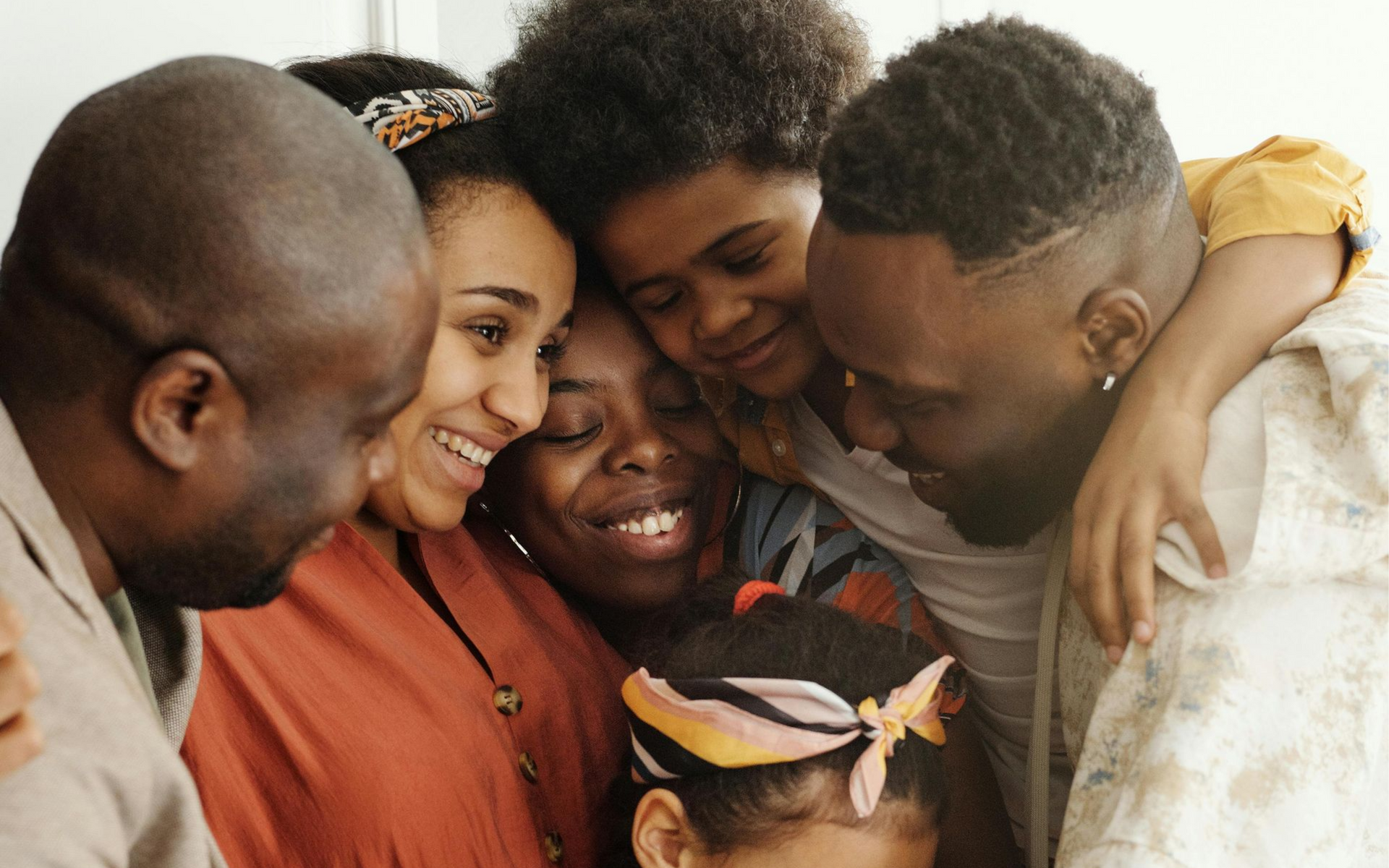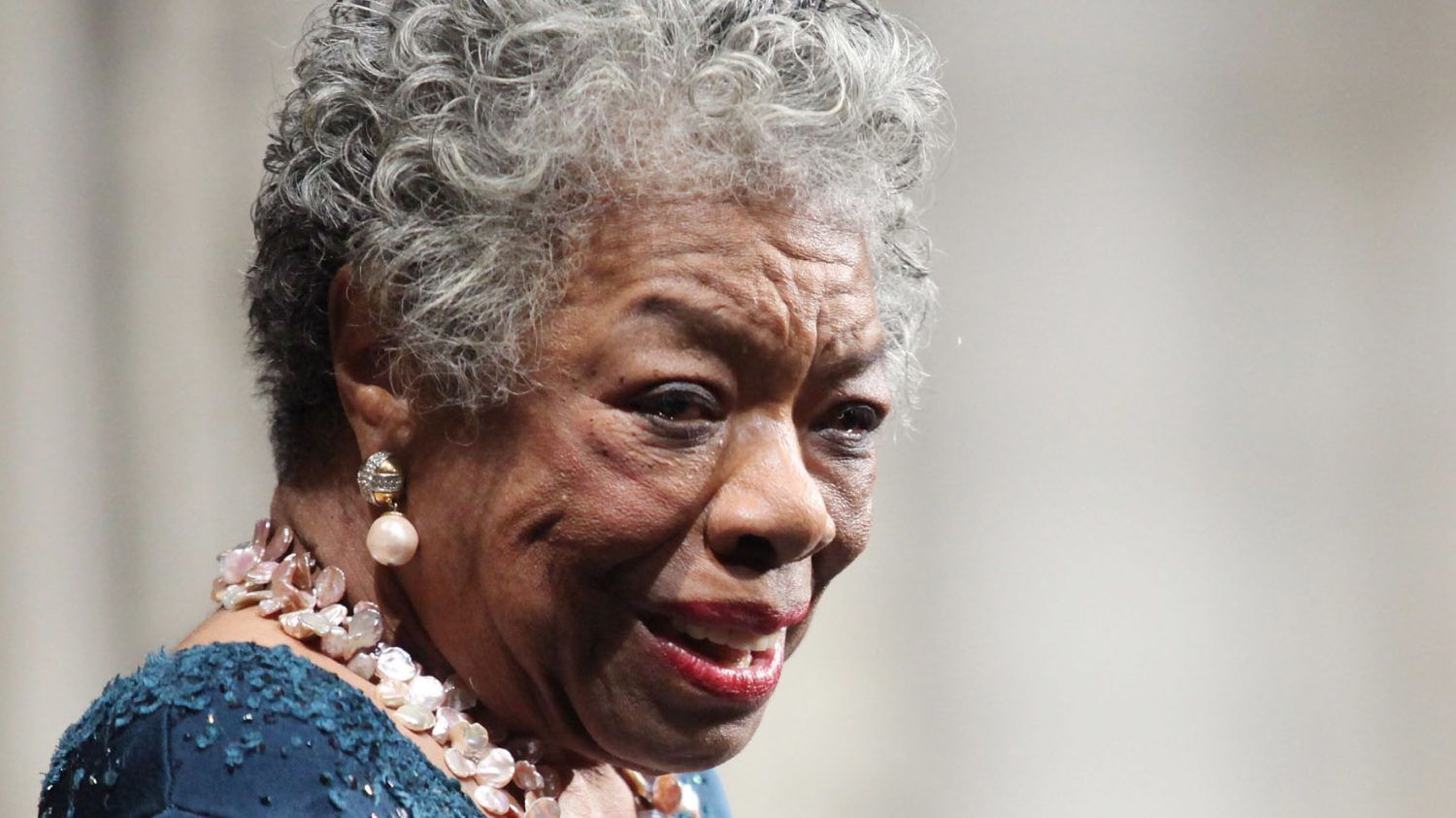Dealing With Regret
Regret can consume you and stall your healing process

Losing someone you love is one of the most painful experiences in life. It shakes the foundation of your world, leaving you to navigate a mix of grief, sadness, and often, regret. Whether it's regret over things left unsaid, unresolved conflicts, or simply not spending more time with them, this particular emotion can be heavy and long-lasting.
As a pastor, I understand how difficult loss can be—not only emotionally but spiritually and mentally as well. In my line of work, I've seen firsthand how regret can complicate the grieving process. But I've also seen how healing can happen when people give themselves grace, find support, and take meaningful steps toward emotional resolution.
In this blog, I want to address how to deal with regret after losing a Loved One, and share my professional recommendations for finding peace during the healing journey.
Understanding Regret in Grief
Regret is a normal part of the grieving process. It often comes in the form of thoughts like:
- “I wish I had said I love you more.”
- “Why didn’t I call more often?”
- “If only I had been there when they passed.”
These thoughts stem from our deep desire to have done more or loved better. It’s important to recognize that regret, while painful, is not a sign of failure—it’s a sign of love. When you care deeply for someone, you naturally wish you had more time to express that love fully.
However, allowing regret to consume you can stall your healing process. That’s why it’s so important to address it with intention, compassion, and support.
1. Accept That You Did the Best You Could at the Time
One of the first and most powerful steps in overcoming regret is learning to accept that, in most cases, you did the best you could with the knowledge, resources, and emotional capacity you had at the time.
Hindsight is 20/20. We often look back with more clarity than we had in the moment. But when you remind yourself that your actions came from the heart—even if imperfect—it creates space for forgiveness and healing.
Tip:
Write a letter to your loved one expressing everything you feel. This is a safe and meaningful way to say what you wish you had said, and it can bring surprising relief.
2. Talk to Someone You Trust
Grief can feel isolating, especially when regrets are involved. But keeping your feelings bottled up only deepens the pain.
Talk to a trusted friend, family member, pastor, or professional grief counselor. Speaking your truth out loud, without fear of judgment, can help you process those emotions and gain perspective.
At Royalty Memorial, we encourage families to seek community and conversation. Whether through church, therapy, or support groups, opening up helps prevent emotional stagnation.
Tip:
Grief support groups, both in-person and online, provide a safe space to share stories, regrets, and healing strategies. You are not alone.
3. Turn Regret Into Action
While we can’t go back and change the past, we can use our regrets to shape the future. That might mean becoming more present in your relationships, expressing love more openly, or simply making time for what matters.
Regret can serve as a powerful teacher. By using it as motivation to live more intentionally, you honor your loved one and carry their memory into the decisions you make going forward.
Tip:
Create a “Legacy List.” Write down lessons your loved one taught you or things you wish you had done with them—and do them for yourself or with others in their honor.
4. Practice Self-Compassion
We tend to be our own worst critics, especially in grief. But healing requires kindness—not just to others, but to ourselves.
Self-compassion means recognizing your humanity. You are not perfect, and that’s okay. Forgive yourself for what didn’t happen. Know that love is bigger than moments—it lives in the whole relationship.
Tip:
Try daily affirmations like:
“I am doing my best.”
“My love was enough.”
“They knew I cared.”
Small reminders like these help reframe your thoughts and soften the sharpness of regret.
5. Create a Ritual of Remembrance
Sometimes, unresolved feelings linger because we feel disconnected from the person we lost. Creating a personal ritual—lighting a candle, visiting a favorite place, cooking their favorite meal, or planting a tree—can help you maintain a loving connection and ease the pain of unfinished business.
Honoring their memory in a consistent way becomes a bridge between grief and peace.
Tip:
At Royalty Memorial, we often help families plan personalized tributes and memorials that reflect the unique spirit of their loved one. These moments of ceremony and remembrance can bring profound closure.
In Closing: You Are Not Alone
Regret is a tough companion in grief, but it doesn’t have to define your healing. By acknowledging your feelings, seeking support, and taking intentional steps toward peace, you can move forward with love and purpose.
At Royalty Memorial, we are here to walk with you every step of the way. Whether you’re planning a service, reflecting on a loss, or simply trying to make sense of your emotions, know that our mission is to honor your loved ones and help you find comfort through connection, compassion, and care.
If you’re dealing with regret after loss and need someone to talk to or resources to help, reach out to us. You don’t have to carry this burden alone.
Royalty Memorial – Helping You Go Out in Style, and Live On with Grace.
📞 Contact Us Today (314) 385-4800
📍 St. Louis, MO
🌐
www.royaltymemorial.com











